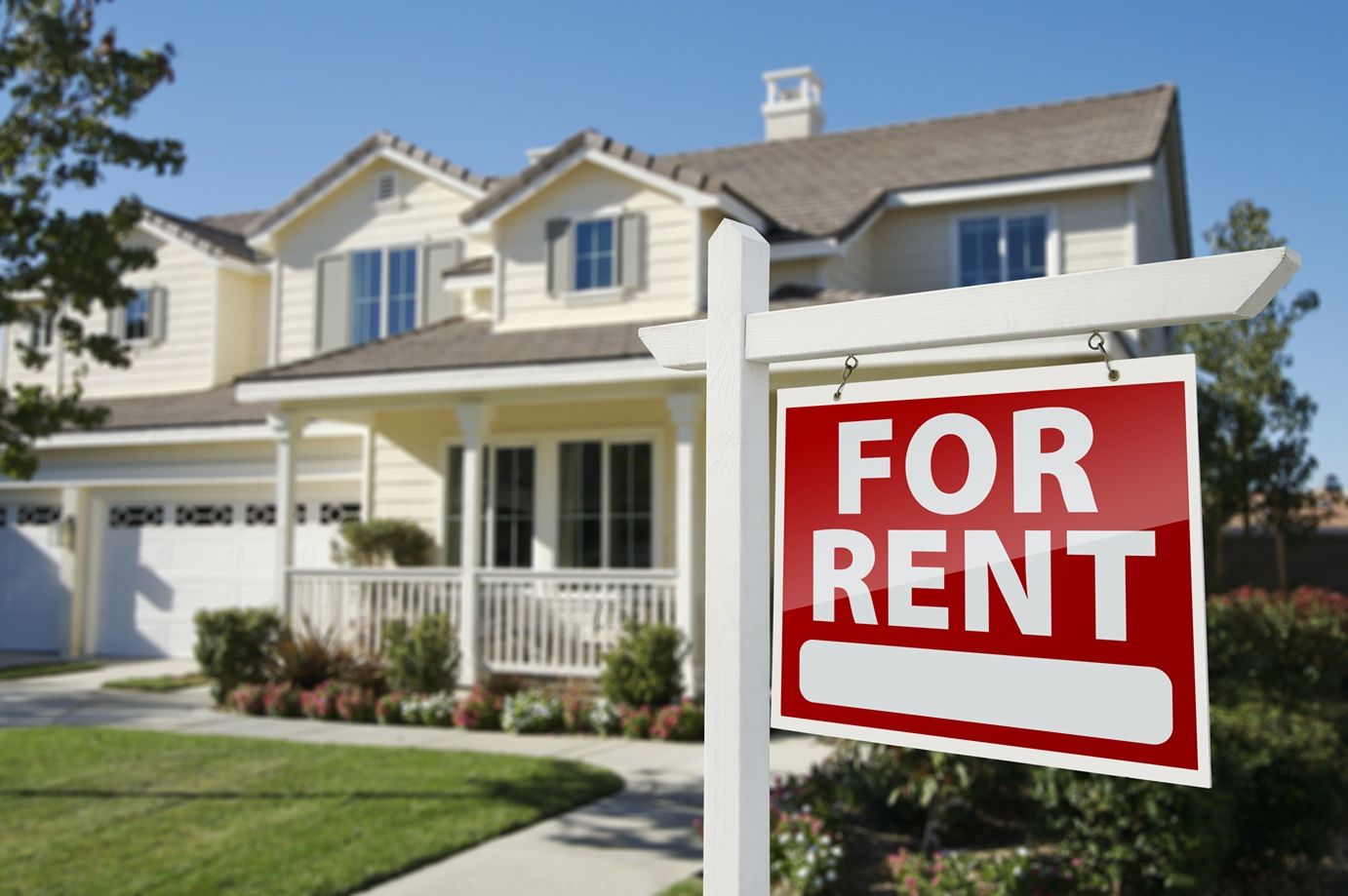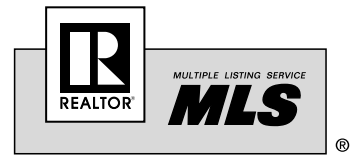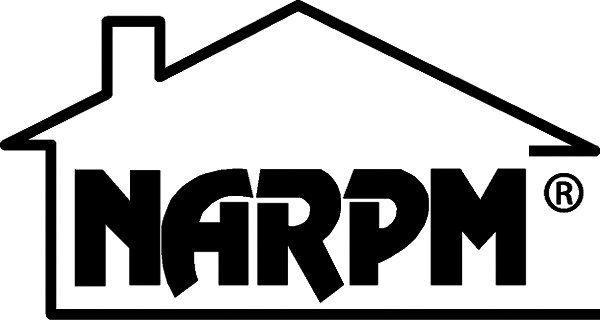How to Find a Property Manager in San Antonio: Tips From a Multi-Property Owner

Investing in rental properties in San Antonio is one of the many wonderful ways to generate passive income. However, owning multiple rental properties could require that you spend much of your precious time managing all of these properties.
Handling tenant relations, completing inspections and upkeep, and collecting rent can be overwhelming for the average investor. That being said, employing an expert property manager can guarantee that your tenants are well-cared for, your cash flow is properly accounted for, and your property is well-maintained.
In this article, I’ll reveal the various lessons and tips that I’ve gleaned from multiple property owners over the years. We’ll discuss finding the right property manager and what to keep in mind during the process.
Individuals Vs. Property Management Companies: Which One Should Go For?
One of the many questions I remember asking myself when I first started is, “Should I go with a large property management company or an individual property manager?” In this section, I will show you the differences between an individual property manager and a property management company.

Individual Property Managers
Individual property managers are exactly what they sound like: a single person you engage to manage your property. Hiring an individual may be great if you simply have one or a few rental properties to manage.
Keep in mind that an individual property manager may also be handling multiple properties, which could divide their attention. If you want to invest in more real estate in the near future, a one-person property management organization may not be able to take on the additional work.
Pros of Hiring a Individual Property Manager
- Swift communication if there is a low number of rental properties in their care
- Potentially a more personal relationship with landlord and tenant
- Undivided attention to renters under their care
- Typically less expensive
Cons of Hiring a Individual Property Manager
- May be less experienced compared to a property management company
- Could have a small team which may not be able to tackle issues swiftly
- May lack the use of dedicated property management softwares for their day-to-day operations
- Potential inability to manage many rental properties at the same time
- Vendors are more willing to offer discounted services to property management companies compared to an individual property manager
A Property Management Company
Property management companies are third party service providers hired by an investment property owner to manage and operate a rental property. If you need management services for multiple properties or a multifamily property, you should consider hiring a good property management company, as they will most likely have multiple employees who are trained in specific aspects of property management and a larger team to handle any issues that may arise.
Pros of Hiring a Property Management Company
- Saves you time
- Comes with years of actual property managing experience
- Better access to resources such as legal and maintenance resources
- Helps you screen tenants
- They deeply understand the local rental market and housing laws
- Reduces the stress of dealing with tenants
- Markets your property and fills vacancy
- Increased organization with dedicated management departments
- Ability to manage multiple properties at the same time
- They often employ the use of cloud-based property management software
Cons of Hiring a Property Management Company
- Potentially a less personal experience with tenants
- Could be costlier compared to individual property managers
- May be less communicative due to managing multiple properties
Self Management
Self management means that you, the landlord, not only own the property but also take care of the day-to-day operations necessary to make things go smoothly and keep the property up to date. Your tenants will look to you alone as their point of contact for routine things like paying rent and for addressing issues that come up.
While self managing your rental property may save you money in property management fees, it is not a great idea if you lack the required skills and time to manage a property.
Pros of Self-Management
- Complete control of your investment
- Save on property management fees
- Build direct relationship with your tenants
- Have guaranteed control over your money
- Gain valuable experience
Cons of Self-Management
- Having to contend with unexpected problems
- Potential misunderstanding of property laws
- Directly dealing with high-maintenance tenants
- Increased time commitment
- The possibility of making costly mistake due to lack of experience

Important Things to Look For When Hiring a Property Manager
In my experience, I’ve found it’s much easier and cost-effective to hire a property management company. However, rental management is a difficult undertaking that involves legal issues, regulating tenant contacts, and taking efforts to protect the property itself.
Not all property managers are made equal. Here are a few things I look for to ensure a property management company is experienced and capable.
1. Localized Experience
Effective rental property management necessitates a thorough awareness of the local market. No two areas are alike. Your rental property manager should be aware of the area's advantages and disadvantages. You'll want a rental property manager who understands the exact licenses, certifications, and inspections required to operate legally and avoid fines.
A localized rental property manager is more likely to understand the demographics of the area. Knowing the area demographics is essential for properly promoting the property and keeping rental applications flowing.
Furthermore, a localized rental property manager is in a better position to create long-term professional ties with various area vendors, thereby guaranteeing you local services at a competitive price.

2. Specialized Experience
Property management is a complicated industry, and training and experience requirements tend to differ based on the area. You want to find a property manager who is thoroughly aware of and abides by all federal, state, and local laws.
In addition, you should look for a rental property manager who is knowledgeable about your specific type of investment property. A rental property might range from a single-family home to a duplex or an entire complex.
Each property type has its own set of issues and requirements. Getting a property manager with experience in your rental property type will ensure that your property is in the hands of someone who can effectively deal with its associated issues.
3. Reputation
Of course, you want to select a trustworthy, dependable, and professional property manager. If that is the case, consider the candidate's reputation before making a hiring decision. With a reputable management company, you can be confident that your property is in good hands.
Read the testimonials on a property manager's website to establish the type of reputation they have. Take the time to go through the reviews and see what other customers have to say about them. If you notice that the company has more negative comments than positive, cross them off your list. Keep in mind that online reviews can be misleading at times due to disgruntled tenants often mad at the owner, so take them with a grain of salt.
If you have any doubts about the reviews on Google or Yelp or property manager’s website, you can conduct a more thorough investigation on a better business bureau website. On this site, clients (both tenants and property owners) provide comprehensive reasons for their satisfaction or dissatisfaction with a company.

4. Good Communication Skills
Hiring a property manager who is unable to communicate effectively is a major issue. This could mean they are slow to provide solutions to issues and do not adhere to directions. Or, it could be that they aren't great at communicating with tenants in order to build strong positive relationships.
Pay close attention to assess if your prospective property manager is a strong communicator. Are they quick to return your calls or emails? Do they provide thoughtful responses?
Also, check to see if they are good listeners or if they interrupt you while you are speaking. A property manager who does not listen to you before you hire them will not improve after you hire them.
5. Availability
Effective property management requires effective communication and responsiveness. Because problems, concerns, and questions aren't confined to typical business hours, it's critical that your residents can reach someone when they need to.
Some property management businesses offer 24-hour customer service, which is a vital resource, as well as online portal services that include customer care and after-hours emergency help, allowing tenants to engage with the management team in a simple and interactive manner. Hiring a property management company that is available at all hours will set everyone's minds at ease.
6. Fee Structure
When you hire a property manager or property management business to handle your San Antonio rental property, it's critical to understand how property management company fees work and how they will affect your rental revenue.
Typically, you'll pay your property manager a percentage of the monthly rent or a flat monthly charge. Check the contract to see how you will compensate the management company. Is it stated in the contract that you would pay them from the "rental value," "rent due," or "rent collected?"
A property management business that only receives a percentage of the rent collected has an even greater incentive to keep rent payments coming in. Ask for a trial period of 3-6 months so that, if it’s not a good fit, you’re free to find another property manager without the cost of breaking a contract.

Common Red Flags You Shouldn’t Ignore When Finding a Property Manager
Hiring a property manager in San Antonio is no easy task. And the last thing you want to do is squander your time and money on a lousy business relationship. That is why it is vital to thoroughly interview a property management firm before hiring them. I've compiled a list of the top red flags to look out for when hiring a property manager in San Antonio.
1. Lack of Market Knowledge
There are many types of rentals, and while a property manager may be skilled in one, they may be lacking in another. A company that specializes in large commercial areas, for example, may know very little about the condo sector. Hiring a property manager with poor or no knowledge of your local market could slow your property value growth and negatively affect ROI.
Bluebonnet Management Company, specializes primarily in residential property management. This focus enables them to perfect their skills and devote their complete attention to all of the properties they manage. Find a San Antonio property manager who understands your market and can meet your requirements.

2. If Property Vacancy Rates or Evictions Are High
Another major red flag is if a property management company has a high rate of vacancies and evictions. A good property manager, for example, should be able to fill a vacant rental within a month.
If you ask the property manager about their track record of keeping properties occupied, they should be ready to provide specifics about their prior performance and timescales. Even if they are new, they should have a good strategy in place. If they don't have either, keep looking.
Why weren't they able to find tenants? They may be able to explain if the issue was beyond their control. If they don't have a decent answer, you should really consider if it's worth the risk to hire them.
3. They’re “Too Busy” or Unavailable for You
Property management is intended to relieve the stress of managing several properties; if the company you’re considering appears to be too busy to take on any additional properties, this is a significant red flag.
Keep an eye out for indications such as consistent tardiness, poor communication, and visible distraction. Even if the property manager is courteous and dedicated, if they appear overburdened, attempt to gauge how much time they can devote to your property.
While it may be difficult to obtain a precise response regarding how busy they are, keep in mind that the property management firm should be doing everything possible to demonstrate their value to you. If they appear to be overburdened and do not take your interview seriously, do not hire them.

4. No Record of Performance
Along with being able to provide information about how quickly they can find renters and retain them, the property management firm should also be able to provide data on how successful they have been with their properties. This can include the number of properties filled or their tenant satisfaction.
If they can't provide testimonials about how they’ve assisted San Antonio rental property owners, they may not be the right company for you.
5. No Achievable Plan
A good San Antonio property manager or management company will have a strategy in place. While they don't have to reveal all of their success secrets in the first meeting, they should provide an outline of how they work and plan to keep up with your properties.
Ask about the following:
- How will vacancies be filled?
- How will they collect rent?
- Who is responsible for maintenance?
If they don't have a strategy, that's a red flag; running a property management company necessitates a great deal of organization and attention to detail.

5 Expert Tips From a Landlord
Whether you’re a landlord with one rental property or an investor with dozens, check out the following tips that have helped me find the right property manager as a multi-property owner in San Antonio.
1. Lay Out Clear Expectations
Generally, a property manager’s job is to manage the rental process from start to finish. That means if the property is vacant, they will hire contractors to get it rent-ready at the owner’s expense, take pictures of the property, market it for rent, screen applicants, handle the showings of the property, fill it with a tenant, collect rent, and handle all maintenance requests as well.
If tenants aren’t paying, it’s typically a property manager’s job to file for evictions and work with attorneys to collect back rent. But there is no standard property management job description, which means it’s up to you to outline exactly what you are looking for from the get-go. Do you want the start-to-finish management? Or are you looking to split the duties? This needs to be spelled out from Day 1.
2. Get Referrals From Different Sources
References can be a helpful way to assess whether you’re going to have a positive relationship with the property management company. Talk to your friends, relatives, coworkers, and other property owners in your local area. You might be able to uncover some wonderful tried and true choices.
A great way to find rental property management companies who provide great services is to join a
local real estate association. You’ll find there are plenty of other landlords who have already gone through the same experiences. Find out what they liked and disliked. Referrals can be biased, which is why they should come from multiple sources.

3. Interview Multiple Candidates
A competent landlord interviews prospective tenants, and a good landlord who wants to outsource this function (along with other rental management duties) should interview potential management companies. Don't rely on a flashy website or a few talking points; instead, ask probing questions. Here are a couple of interview questions to ask.
- What criteria do you use when coming up with the rent amount?
- How many rental properties do you manage?
- How many staff members do you have?
- What services do you offer clients?
- Are there any fees when the property is vacant?
- Are there any fees for pulling out of the contract?
- What types of properties do you manage?
- What steps do you take to ensure that I’m getting quality tenants?
- What’s your average response time to owners and tenants?
- What’s your eviction rate?
- Do you have a seamless property management system?
- How well-versed are you with the Federal Fair Housing Rules?
Knowing what questions to ask your property manager is a large part of finding the best specialist. Undoubtedly, these questions will help you screen the middle-of-the-pack managers from the top-performers.
4. Check Out Their Current Work
Examine some of their current rental advertisements; are they professional and compelling? Do they advertise in different places? Are the properties clean and well-maintained? Talking to the tenants they currently manage might provide you with valuable information because property management is all about keeping you and your tenants satisfied. Request a sample of the monthly report you will receive.
5. Examine The Property Management Agreement
The property management agreement defines the business relationship between you and the property management company, as well as the roles and obligations of the management team.
Given the importance of the contract, you should read it carefully and make any required changes before signing. Examine the parts of services offered, additional costs levied, the owner's responsibilities, and reasons for termination.
Conclusion
Finding the perfect property manager is not an easy task, but devoting extra effort to the process, in the beginning, could save you hours of headaches later on. Make sure you do your due diligence, and your property manager will reward you with a worry-free investment
If you believe your San Antonio rental property could benefit from expert property management, go no further than Bluebonnet Property Management. Their talented team of property managers work hard so you don't have to! Whether you own one rental property or 100, they’ve got your back.
Bluebonnet Property Management provides comprehensive rental management services such as tenant screening, rental registration, maintenance, rent collecting, and more. If you require management services in San Antonio, Bexar County, or Boerne, contact them now.








